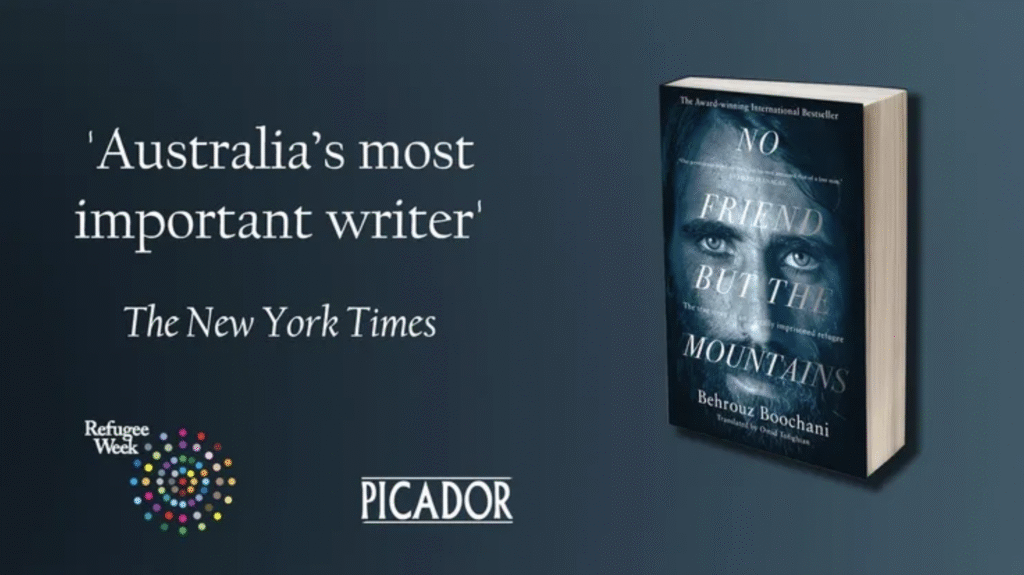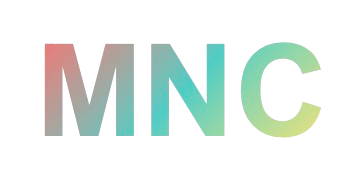Description
Australia in 2013 made radical immigration policy changes. They struck a deal with its former colony, Papua New Guinea, called the “Papua New Guinea-Australia Migration Agreement.” With this, the forced migrants seeking asylum in Australia were relocated to the Manus Regional Processing Centre. This is an offshore detention center in New Guinea that they wait in while Australia processes their asylum claims for refugee status. However, it was controversial to some people as it was viewed as a way for Australia to avoid its commitment to processing asylum claims.
Two people, Behrouz Boochani, a Kurdish-Iranian journalist, and Omid Tofighian, conspired to make the Australian public aware of what was happening on Manus Island. By sending one WhatsApp text message at a time to his translator and editor, Omid Tofighian, Boochani wrote his book on Manus Island, No Friend but the Mountains. Tofighian got the book published in Australia, allowing the public to learn about what was going on in the detention center. At the time, though, it was illegal to make the public aware of what was happening at the detention facilities. However, it was important to let the public know as this detention facility violates Australia’s obligations to human rights and the 1951 Convention Relating to the Status of Refugees. For this reason, they needed to use WhatsApp as it has an encryption feature. This helped them in the event that Boochani’s phone was confiscated or checked, his messages would not be easily accessed.

Although Boochani was given sole authorship, many critics realized it would not be possible without Tofighian’s efforts and mobile networked technologies that allowed them to sustain their collaboration. Tofighian had interviews after it was completed in 2018, with it winning the prestigious Victorian Literacy Award in 2019. By The New York Times, Boochani was identified as “Australia’s most important writer.” He was endorsed by Refugee Week, a global festival that celebrates the creativity and resilience of people seeking sanctuary. Ironically, Boochani was still detained on Manus Island even after it was released. Fortunately, later in 2019, he was released and given asylum in New Zealand.
Connection to Mobile Networked Creativity
Boochani experienced tension between mobility and immobility, creating conditions for Mobile Networked Creativity. His ideas were mobile, with people globally hearing of them. Yet, he was physically immobile as he was unable to leave the detention center. Unfortunately, he is not the only one, nor was he the last to experience what he did on Manus Island. Many refugees are kept in them for years without knowing when their claims will be processed. This example of Mobile Networked Creativity is one of many where people in places like Manus Island have to get creative with the technologies they have access to meet their needs.
Location
Manus Regional Processing Centre, Manis Island, Papua New Guinea
To Learn More
- Ben Doherty, “A long flight to freedom: how refugee Behrouz Boochani finally left his island jail behind,” The Guardian, 2019.
- Image from Behrouz Boochani: prize-winning refugee writer – Pan Macmillan.
- 3Abhishyant Kindangoor, “Behrouz Boochani Documents Humiliations of Refugee Detention,” Time: World News, February 7, 2019.
- Naomi Paik, “Between Rights and Rightlessness: Haitian Migrants and the Elusive Promises of Humanitarianism,” Hemispheric Institute, Explusion, 14, no. 1 (2018).
- Omid Tofighian, “Writing from Manus Prison: A Scathing Critique of Domination and Oppression,” The Guardian, July 31, 2018.
